Category:Liberty

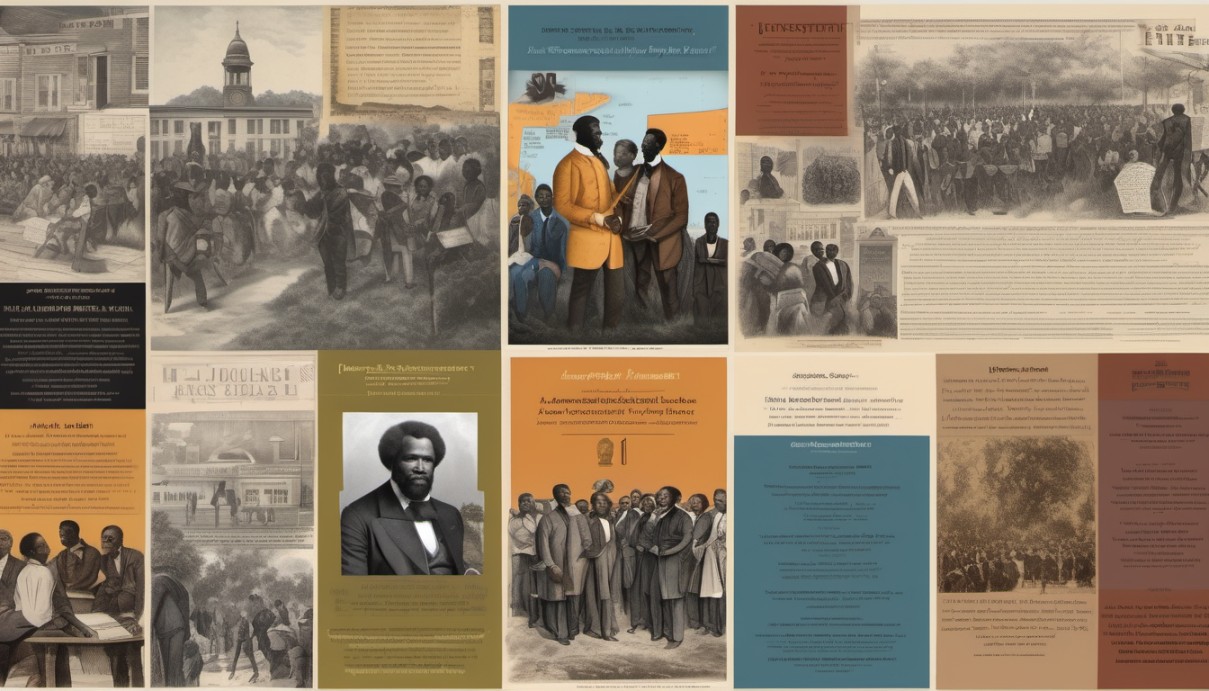
Juneteenth: 3 Lessons in Activism
June 19, 2024 | Post
Today we celebrate Juneteenth, honoring the official end of slavery in the U.S. and the ongoing fight for liberty and

Liberalism as a product: how to convince others that freedom is good
February 21, 2024 | Post
Liberalism is a great product, but it often doesn’t sell very well, despite spearheading the astronomical leap in prosperity over the past 200 years.
So, what are liberals getting wrong and how can they sell freedom more effectively?
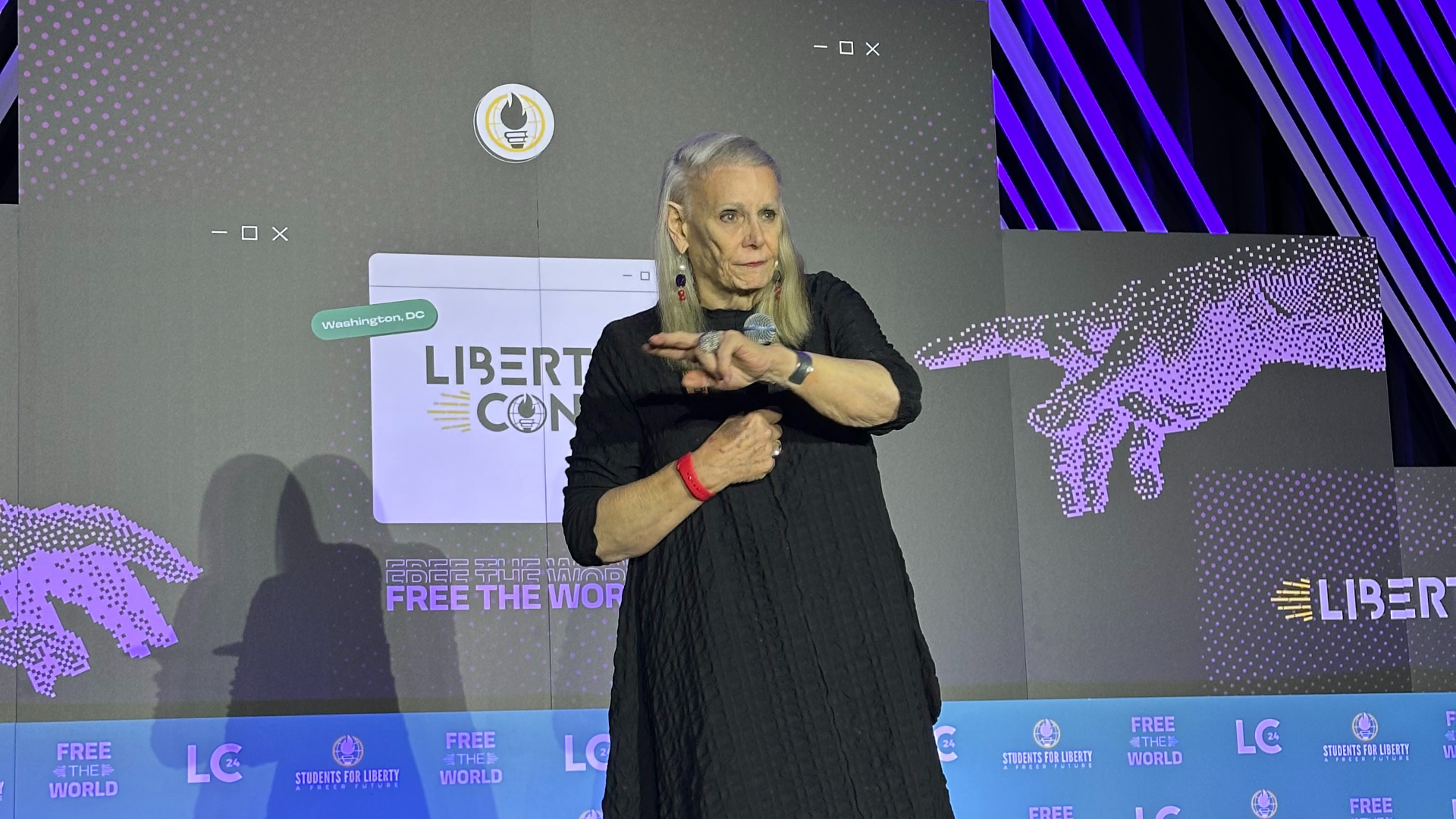
Deirdre McCloskey: ‘The pursuit of freedom has unleashed unprecedented innovation, prosperity, and social transformation’
February 21, 2024 | Post
Deirdre McCloskey, renowned economist and advocate for liberal values, delivered a stirring address at LibertyCon International, captivating attendees with her insights into the importance of liberty in fostering human flourishing and societal progress.
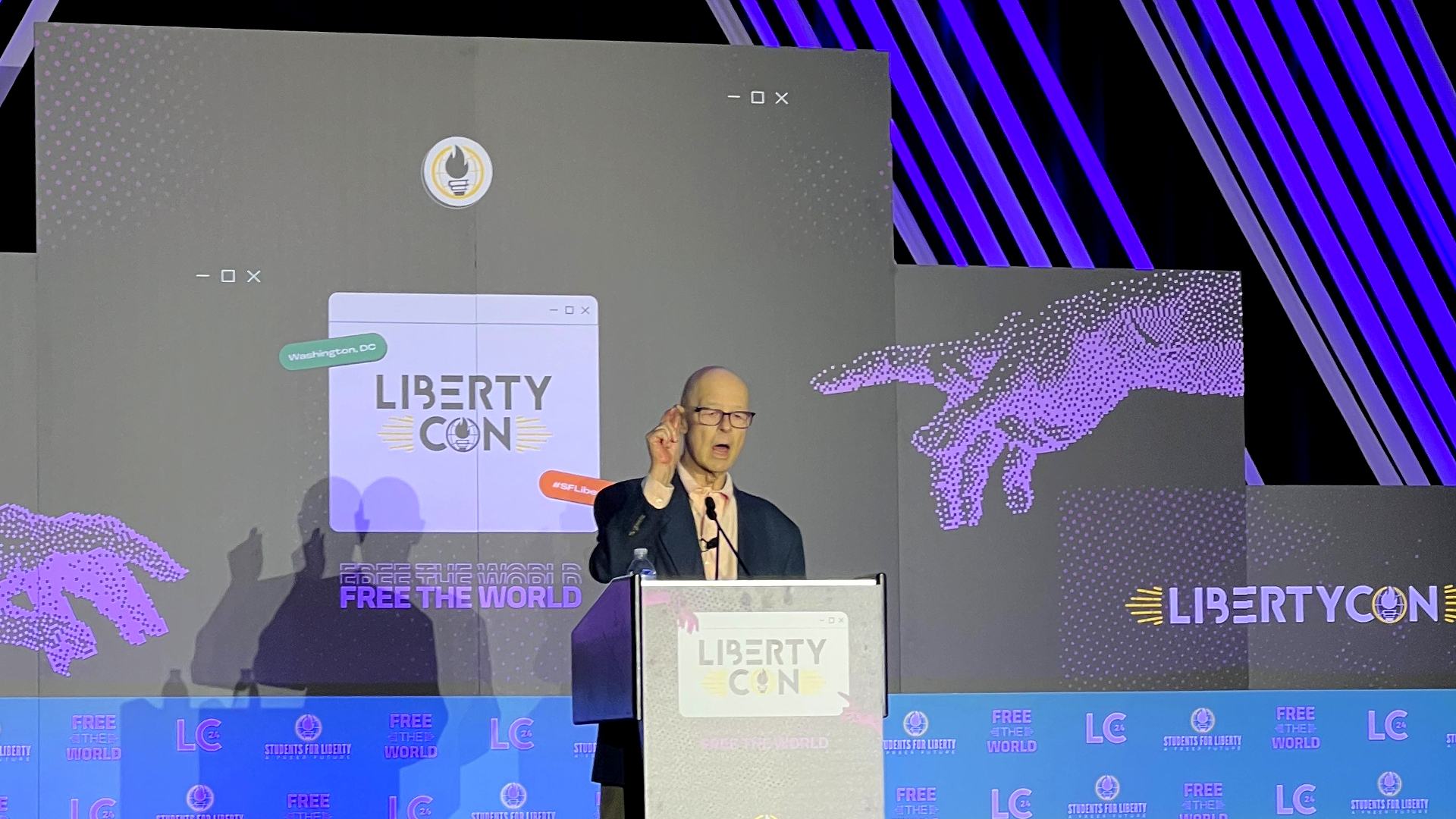
David Boaz: ‘Fight illiberalism and authoritarianism wherever you find it’
February 21, 2024 | Post
At LibertyCon International, David Boaz urged the liberty movement to “fight illiberalism and authoritarianism wherever you find it.”

The awkward and uncomfortable problem with national conservatism
January 11, 2024 | Post
The recent surge of national conservatism in the United States has not only highlighted a departure from classical liberal principles but also raised concerns about a fundamental shift away from the values that have long defined American governance.

Would a “national divorce” lead to more individual liberty?
January 9, 2024 | Post
As the United States finds itself in the throes of increasing political polarization, the idea of a “national divorce” has gained traction, particularly within the liberty movement.
Advocates argue that splitting the nation into independent states could enhance individual liberty, allowing citizens to align with governments that reflect their values.
However, opponents contend that such a move could lead to fragmented anti-liberty measures and weaken the nation’s collective defense of individual rights.
Let’s delve into the key arguments for and against national divorce, exploring whether such a division would truly be conducive to individual liberty.

How (true) liberalism made us rich
January 4, 2024 | Post
Today, a hot shower or a cup of coffee brewed in seconds are completely mundane. A journey across continents taking mere hours is, for many, just a normal part of life. Yet, these marvels would have been the envy of even the most affluent in medieval societies, prior to a period we can refer to as the “Great Enrichment.”

This Halloween, let’s look back at 6 scary incidents created by the COVID lockdowns
October 31, 2023 | Post
This Halloween, let’s look back at some terrifying incidents from the recent past that should not be forgotten. For the best part of two years, beginning in March 2020, attempts to mitigate the COVID-19 pandemic involved governments around the world seizing new powers and further expanding the scope of the state.

In defense of globalization
October 17, 2023 | Post
What is globalization? Globalization is simply the process of the free movement of goods, capital, people, and ideas around the world and across borders.
Globalization is a great boon to the world. It means more specialization and division of labor, which are vital components of economic progress. It makes rich countries richer and brings poor countries out of crushing poverty.
It might just be the greatest achievement in human history, but people don’t know this!

Why freedom matters more than safety
October 9, 2023 | Post
Safety is, of course, to be valued, but some important questions do arise, particularly in the context of our 21st-century challenges: Are we sacrificing too much freedom in the pursuit of safety? Is freedom more important than safety, and if so, why?

Defending liberty in the digital age: how useful is social media activism?
September 21, 2023 | Post
The power of information dissemination through social media networks is remarkable, with messages often going viral within seconds. Yet, it is essential to acknowledge that social media activism has its limitations.

What Elizabeth Bennet taught me about liberty
September 14, 2023 | Post
Elizabeth Bennet, the protagonist in Jane Austen’s Pride and Prejudice, stands out because of her unconventional views on education and marriage, challenging the staunchly patriarchal society of Georgian England. Here’s what her story can teach us about liberty…

Uniting for Ukraine: How Ukrainian refugees are filling America’s labor void
August 11, 2023 | Post
In the vast expanse of North Dakota’s oil fields, a quiet yet significant transformation is taking place. Thousands of Ukrainian refugees have found their way to this unlikely destination, contributing to a workforce grappling with severe shortages.
While their presence has brought forth positive change, it’s astounding how this story remains shrouded in relative obscurity.
Let’s look at how the story of North Dakota’s newest arrivals and the success of the Uniting for Ukraine program shows the potential for a simplified and more open immigration process.
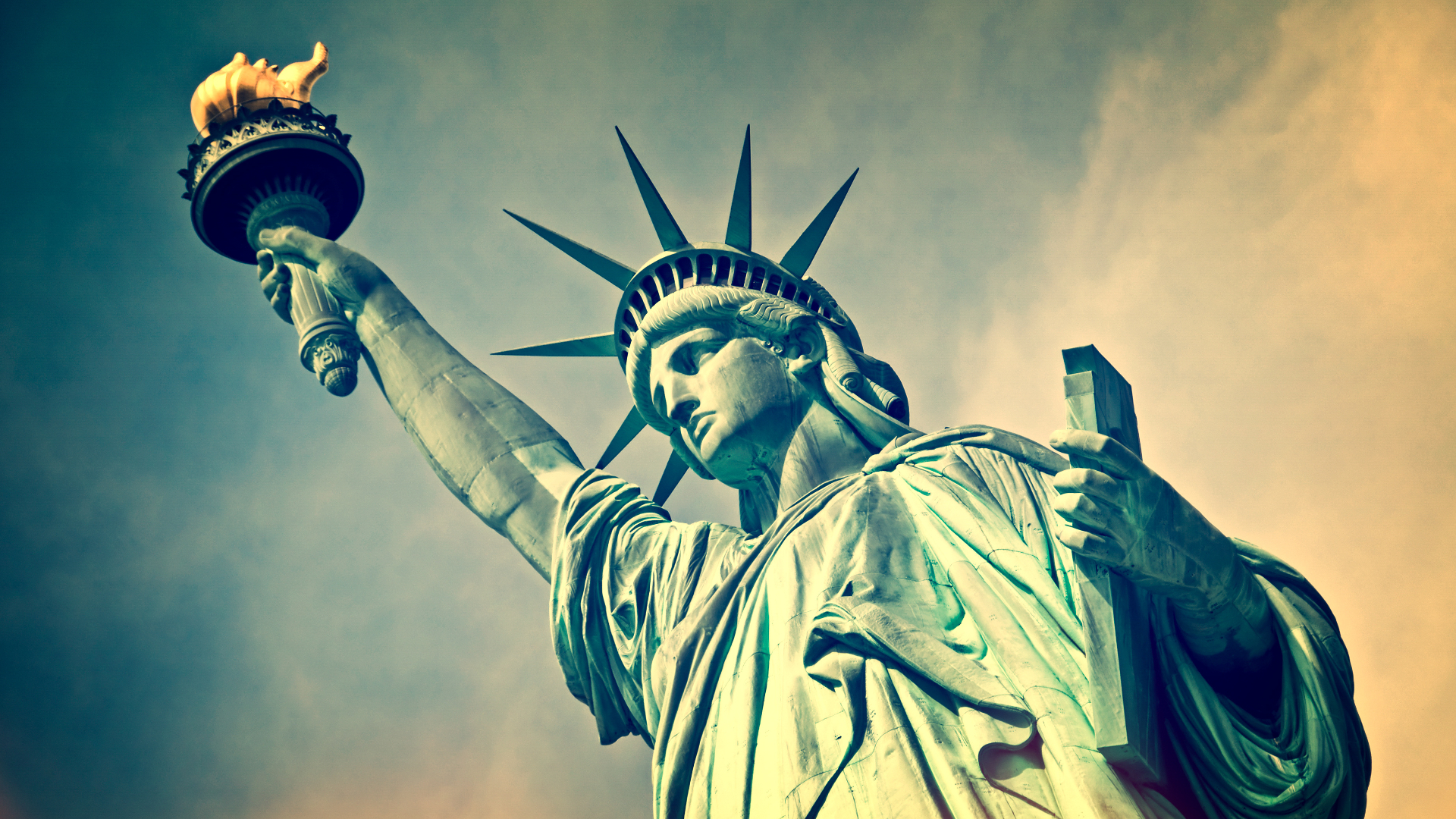
The origins of libertarianism
August 3, 2023 | Post
Within the world of political spectrums, one ideology stands out for its axioms, principles, and ethics: libertarianism. It is a political philosophy based on the idea that the individual is the sole owner of oneself and therefore has the right to exercise their freedom without external interference, as long as it does not harm the freedom of others.

Five books to understand classical liberalism
July 6, 2023 | Post
Ready to dive into the captivating world of classical liberal literature but not sure where to start? We’ve got you covered! Whether you’re new to the world of classical liberalism or seeking to expand your knowledge, these five books are key to unlocking a deeper appreciation of its core tenets.

How gun control might be seen 100 years from now
June 1, 2023 | Post
The book Lies My Teacher Told Me by James Loewen was assigned to me during my senior year of high school. I still reflect on its lessons and have found them applicable not just to the past, but, in some cases, to the future. Here is how hypothetical, sweeping new gun control legislation might be seen 100 years from now…

Remembering Karl Hess on his 100th birthday
May 25, 2023 | Post
Karl Hess is a figure whose political journey was more complex and revelatory than most. His journey is one that is worth retracing today as a means of understanding the roots of contemporary libertarianism, its early flirtations with radical countercultural politics, and the outdated left-right political paradigm
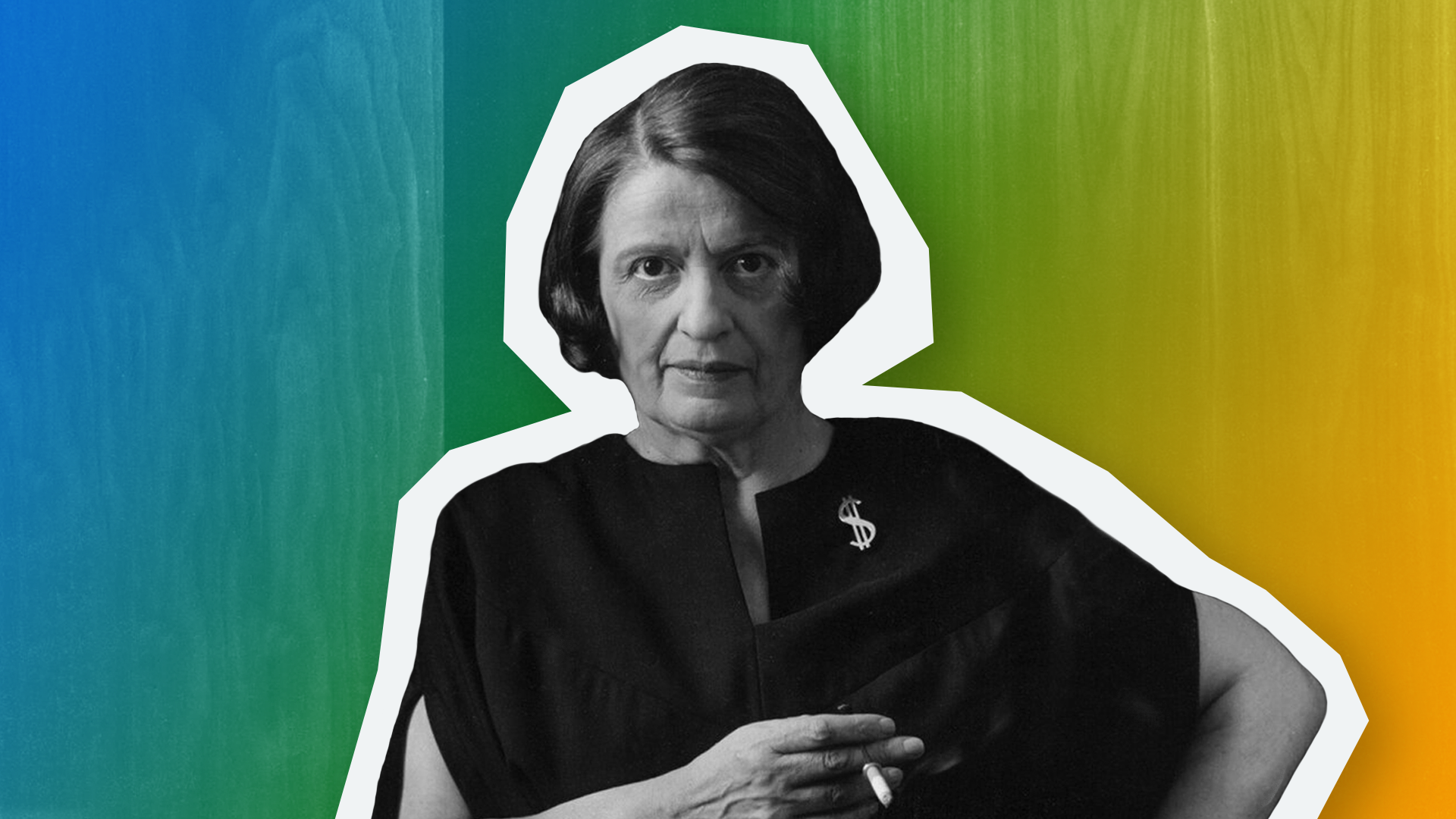
Who was Ayn Rand?
February 27, 2023 | Post
Ayn Rand, a celebrated author and philosopher, was one of the most influential thinkers of the 20th century. Known for her bestselling novels, such as The Fountainhead and Atlas Shrugged, Rand’s ideas have had a profound impact on the fields of politics, economics, and philosophy.

Why does liberty work?
January 19, 2023 | Post
Advocating for liberty is both idealistic and realistic. What is it that makes liberty “work” in a way that central planning cannot?

Ten movies every libertarian should watch
December 30, 2022 | Post
Looking for a way to combine entertainment with thought-provoking ideas? Check out our list of ten movies every libertarian should watch…

13 books every well-rounded libertarian should read
December 30, 2022 | Post
There are books that every libertarian should read and books every libertarian has read, but those circles don’t perfectly overlap. Here are 13 diverse book recommendations for well-rounded thinkers…
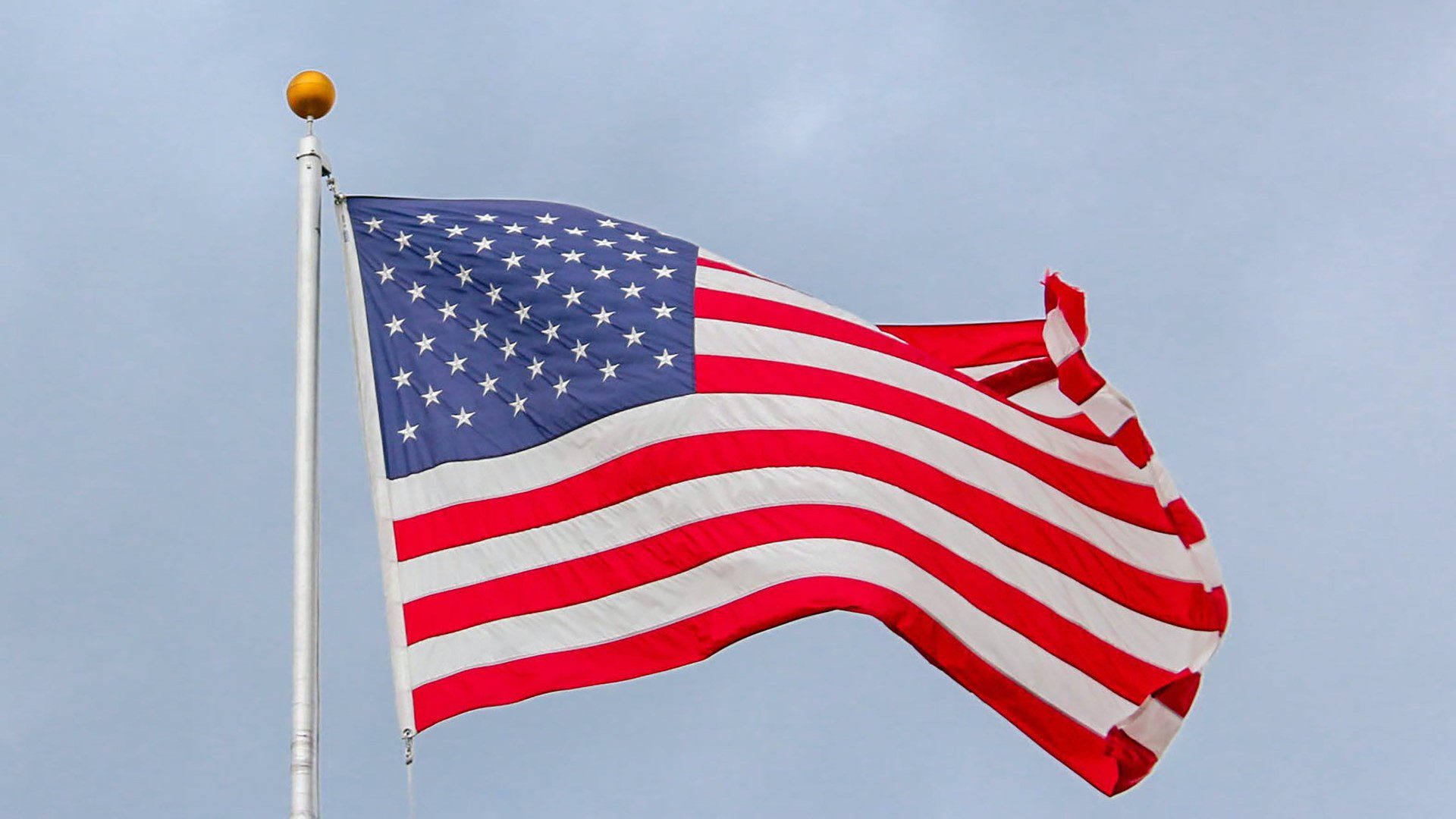
For a freer future, we must move beyond the culture war
October 6, 2022 | Post
In the hyperpartisan culture war, increasingly radical and uncompromising political factions seek to leverage division to cement their own power
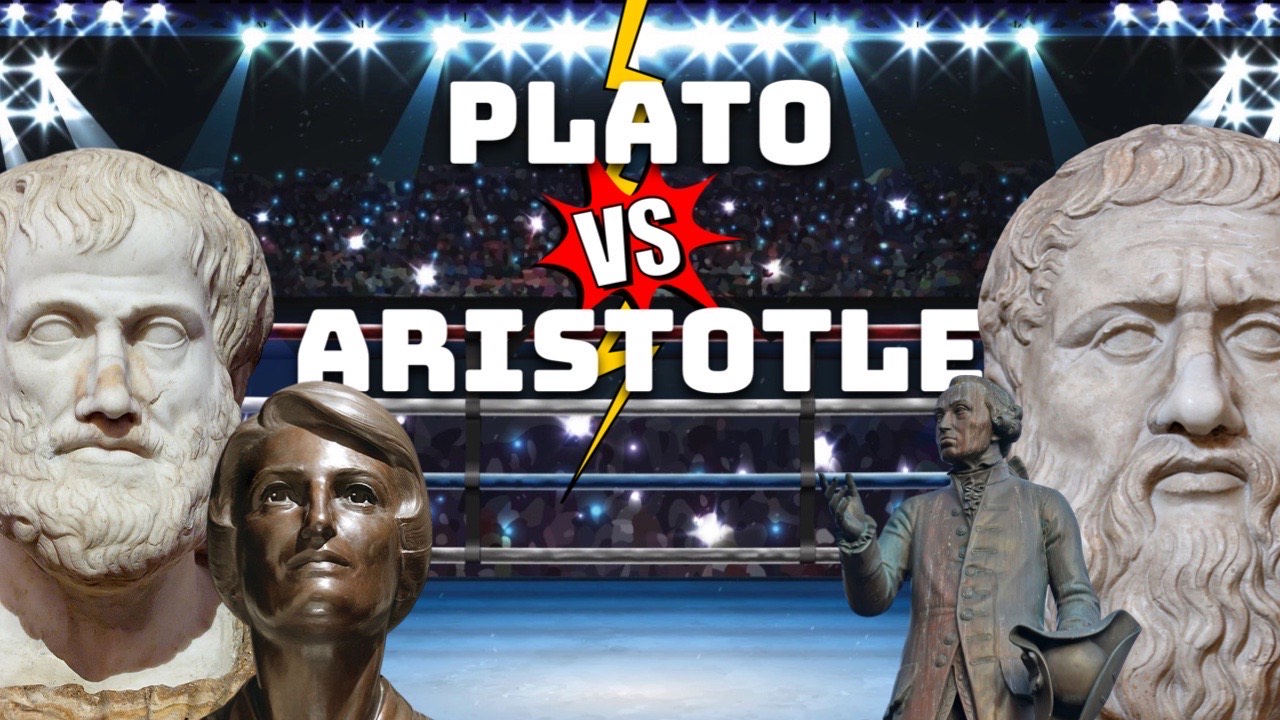
Aristotle v. Plato: How Their Ideas Shaped Rand, Kant and the World
September 15, 2022 | Video
In this video, Jon Hersey, managing editor of The Objective Standard, argues that four thinkers, Aristotle, Rand, Plato, and Kant, are the key to understanding some of history’s most brilliant eras — and its darkest — as well as the modern-day culture war that seemingly divides us so profoundly. Whose ideas, for example, dominated during […]

Why pro-liberty solutions must apply to the real world
August 25, 2022 | Post
Policies are not implemented in a sterile lab environment, they are implemented in the world as it exists now. If a policy increases liberty in some theoretical world, but decreases liberty in the present world, can we really consider it to be pro-liberty?

